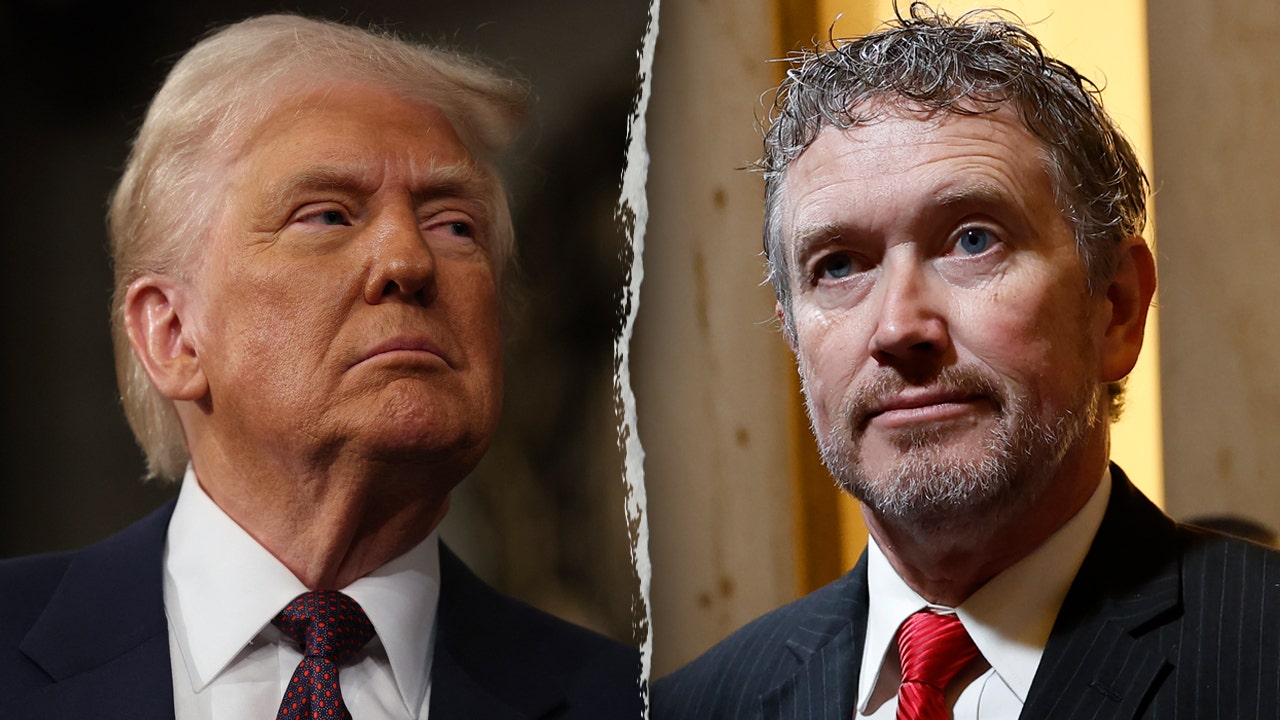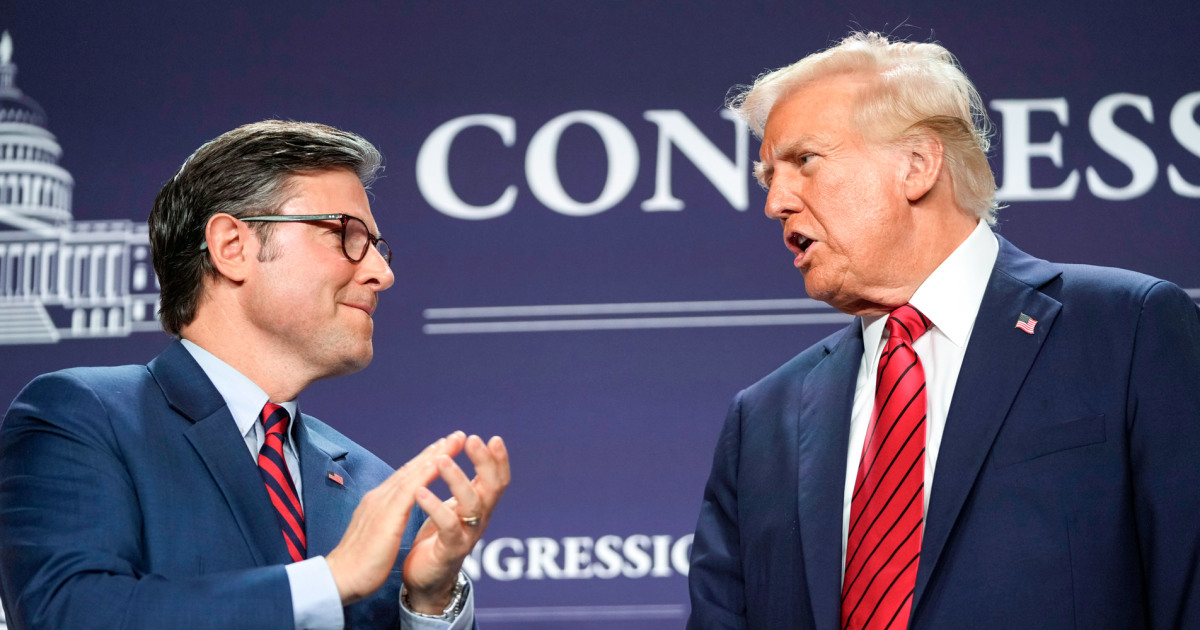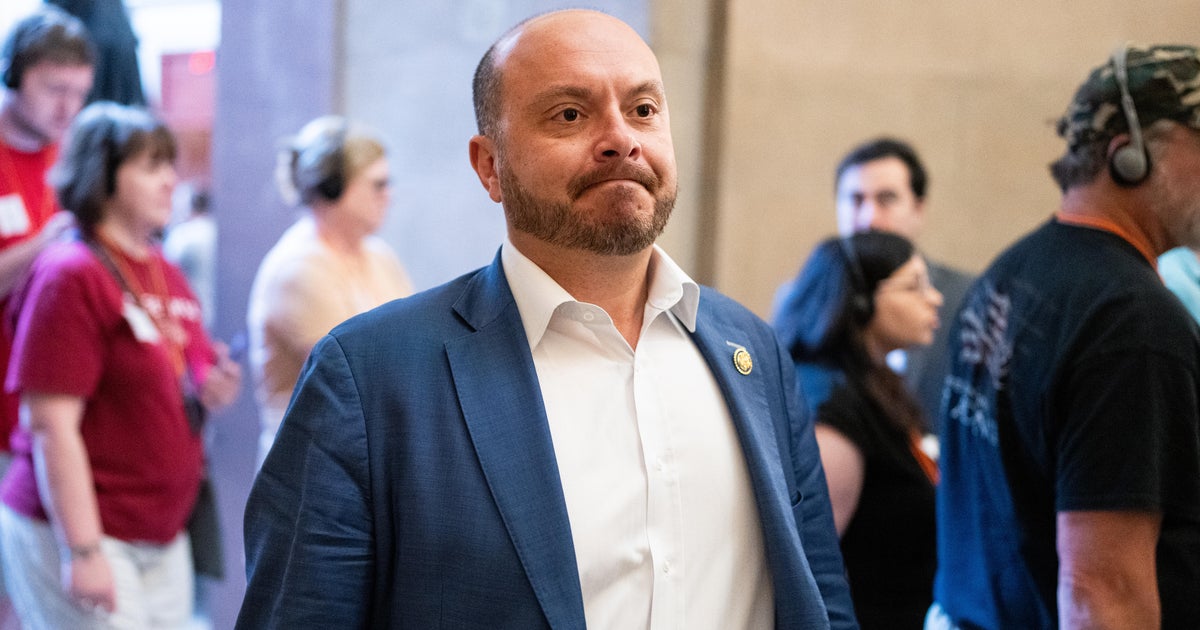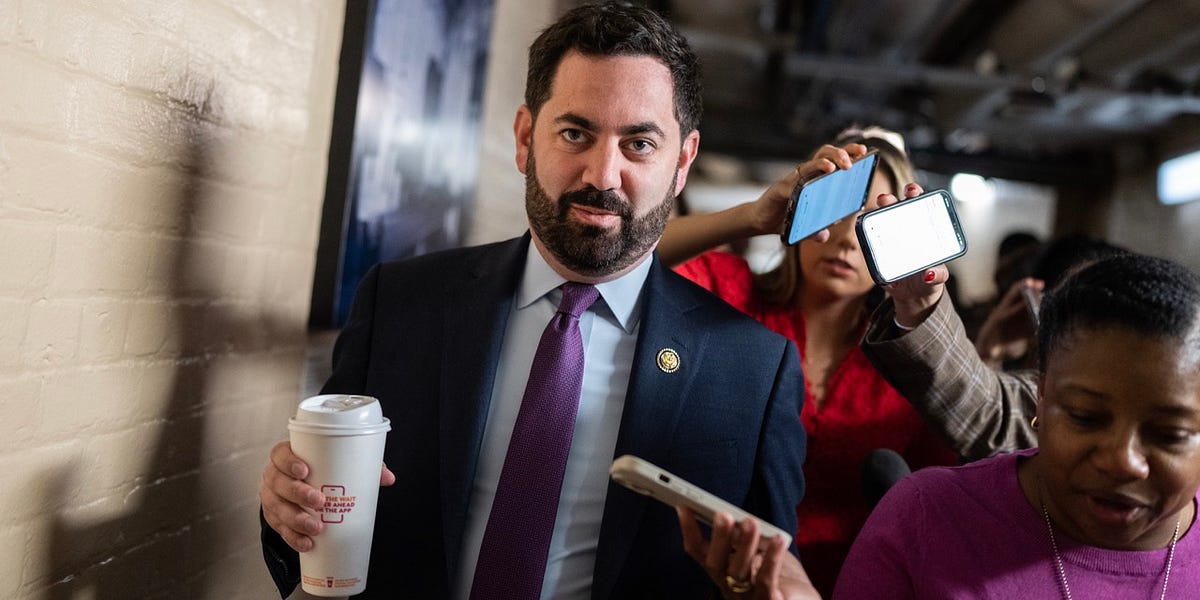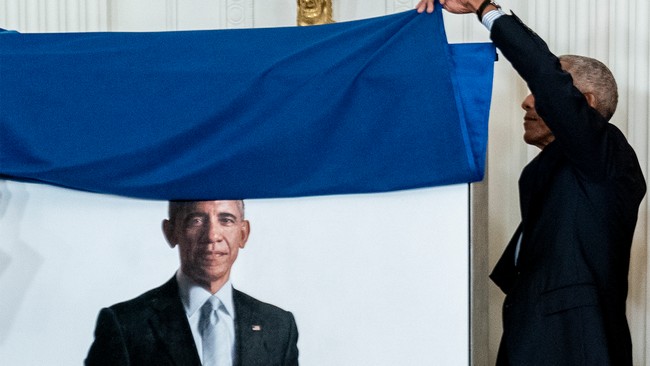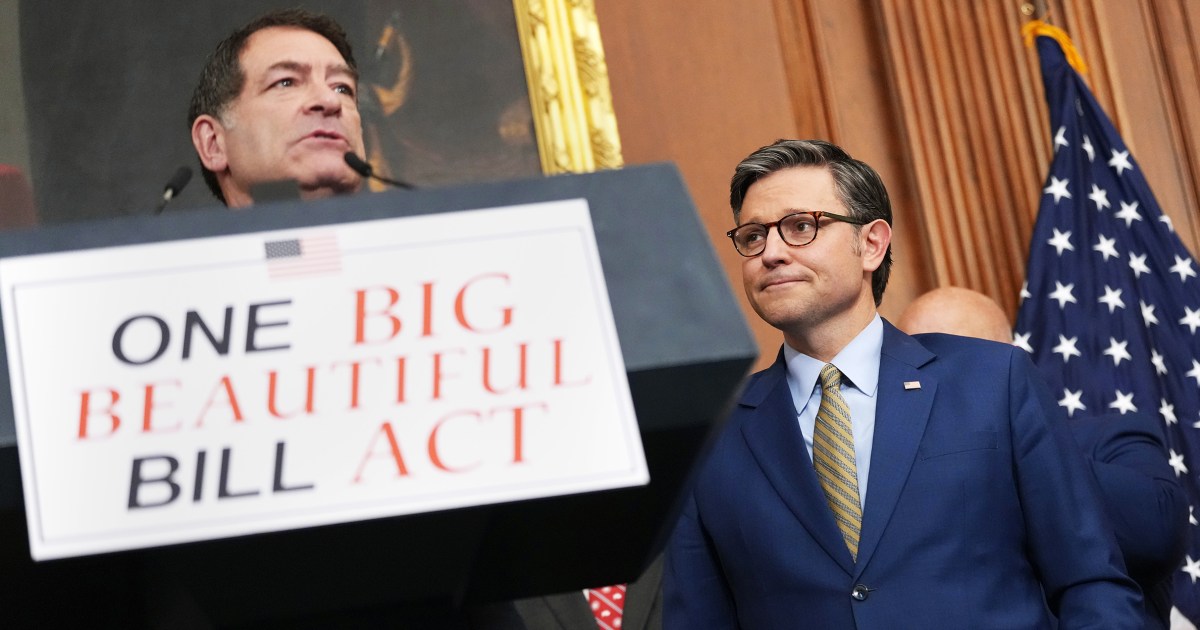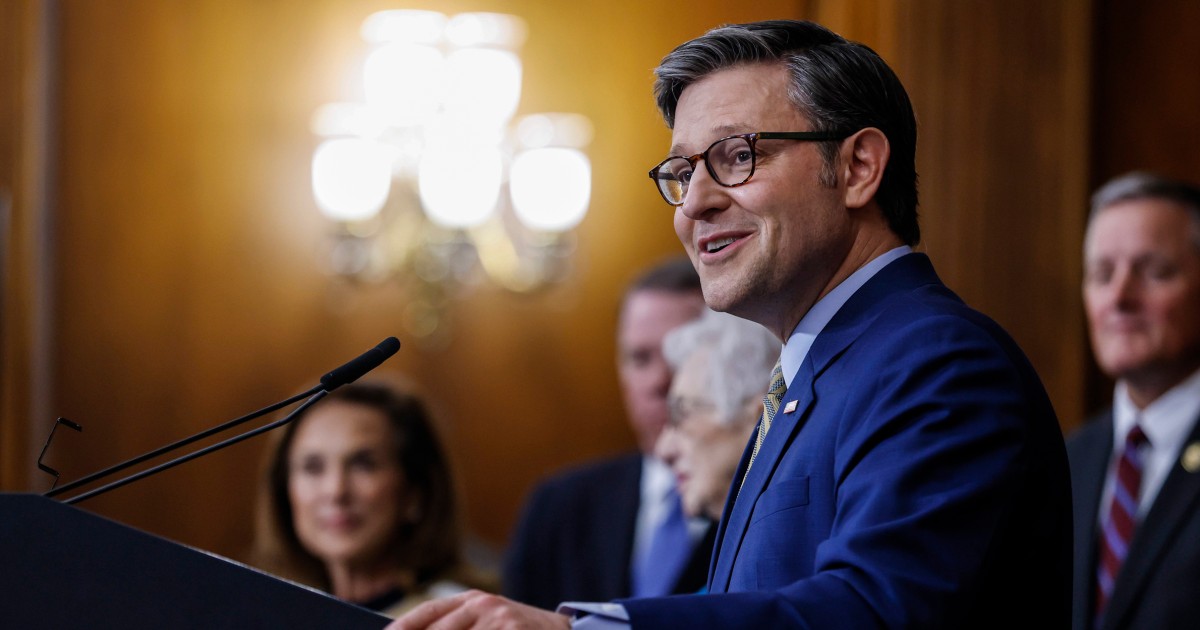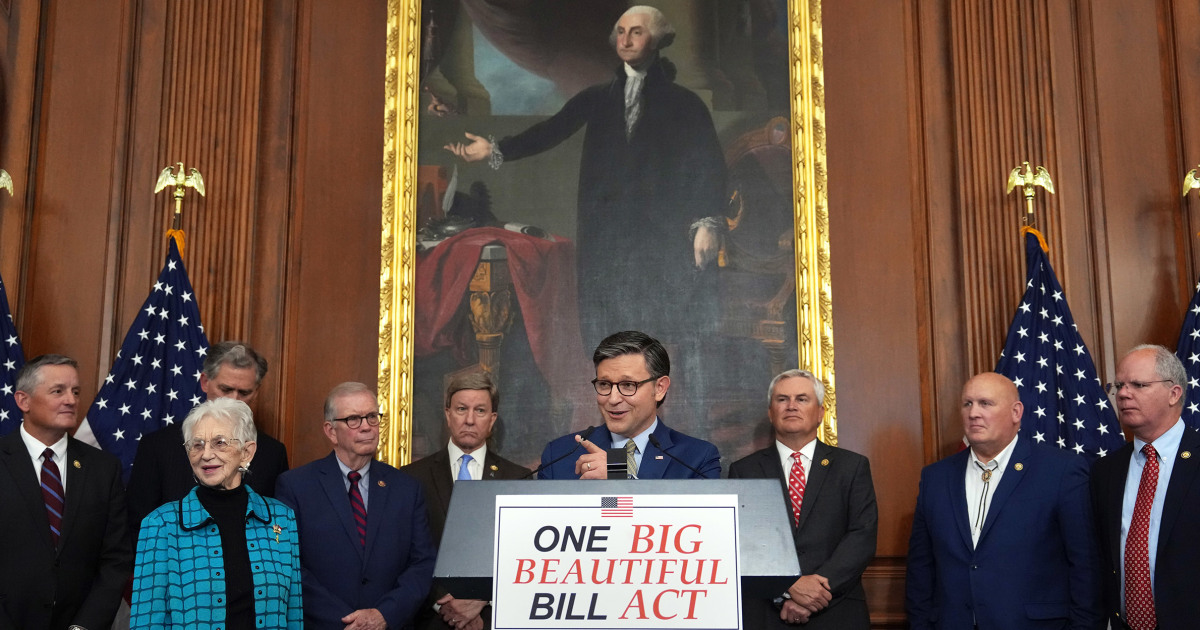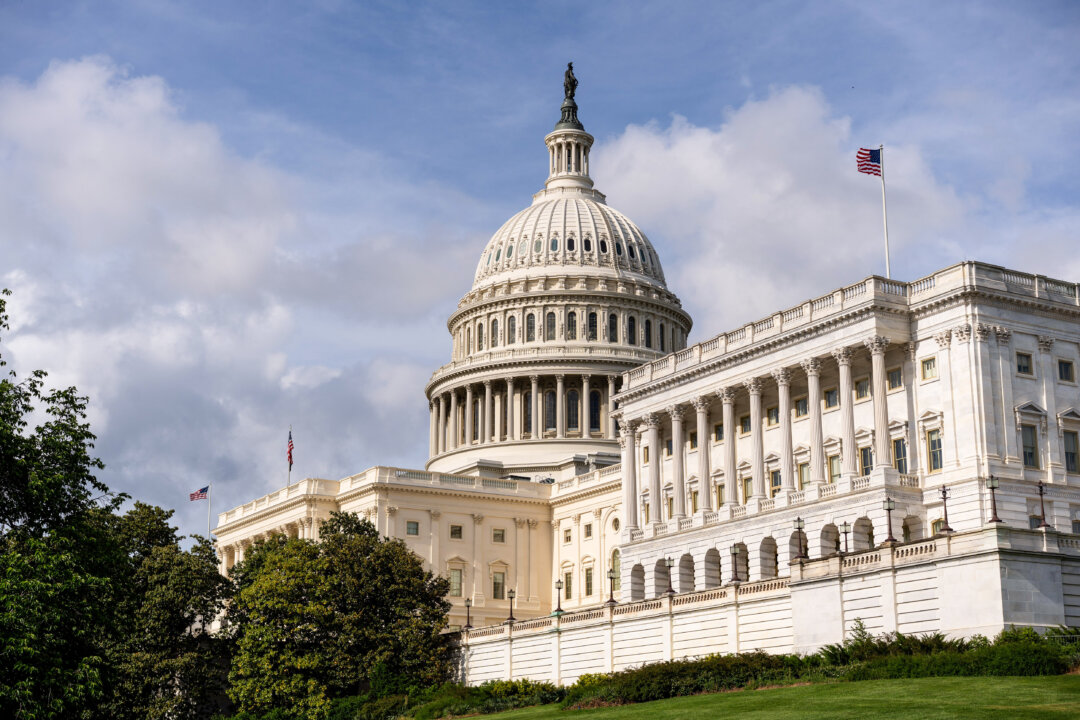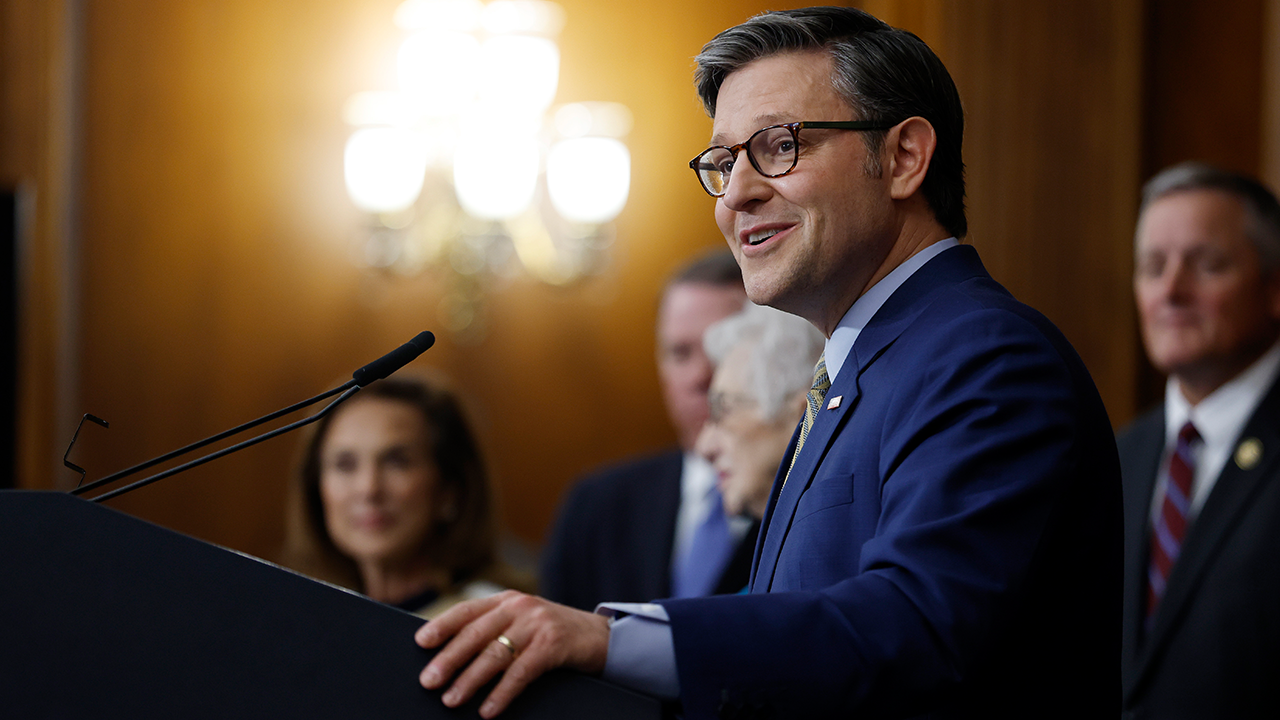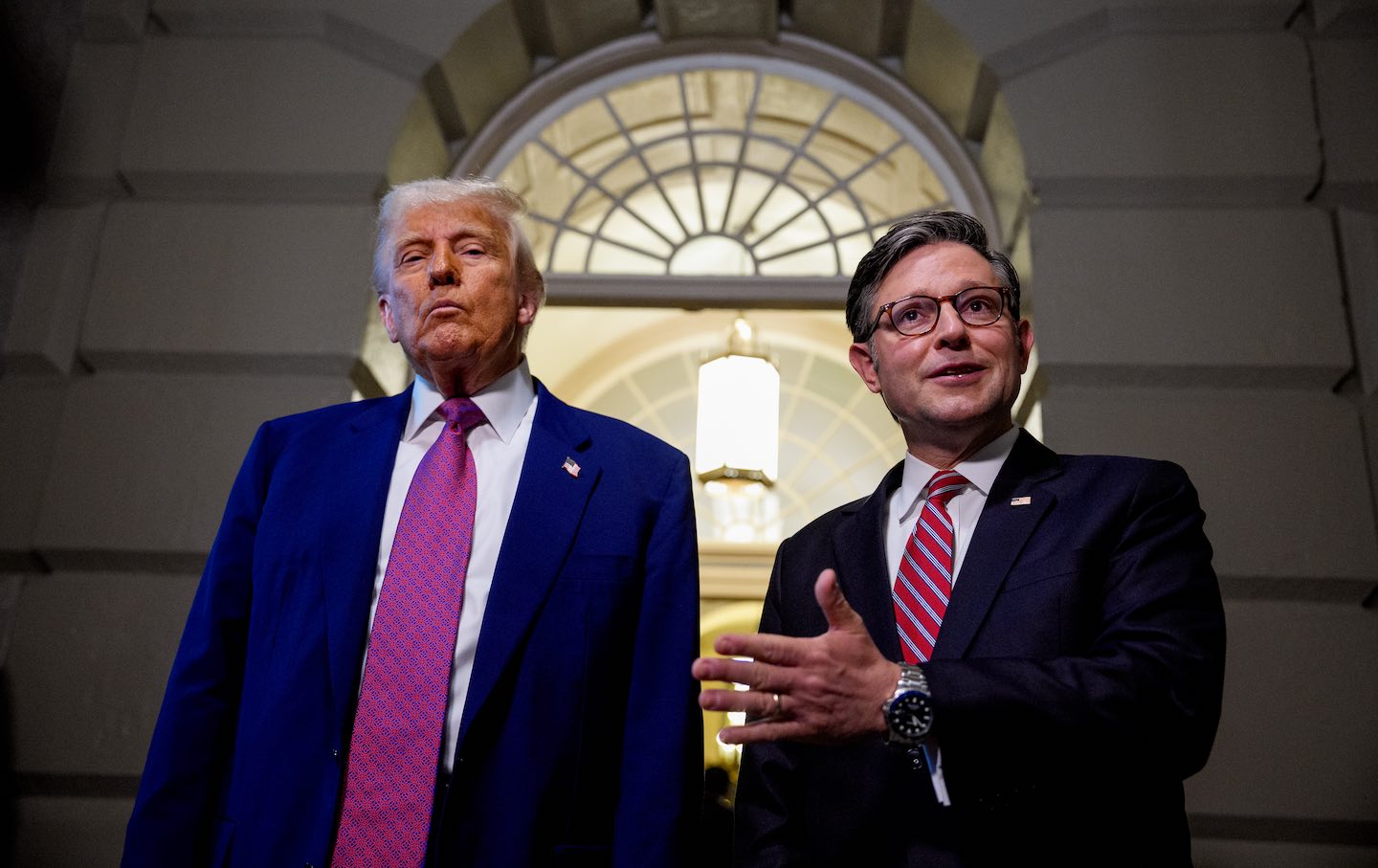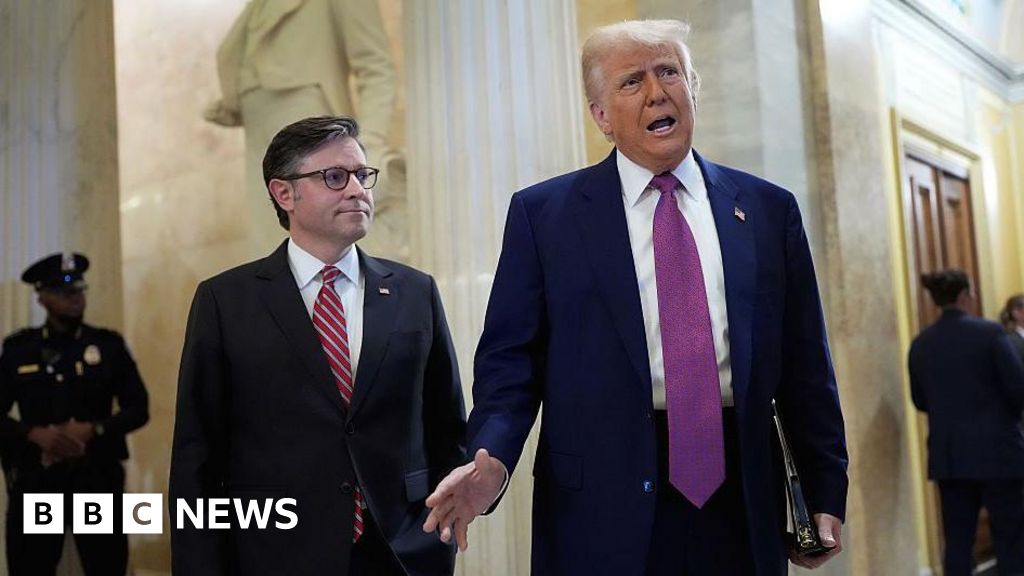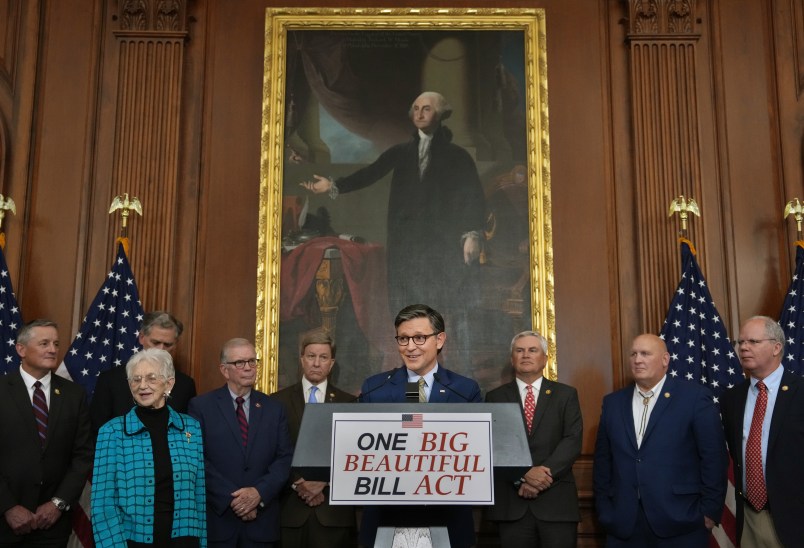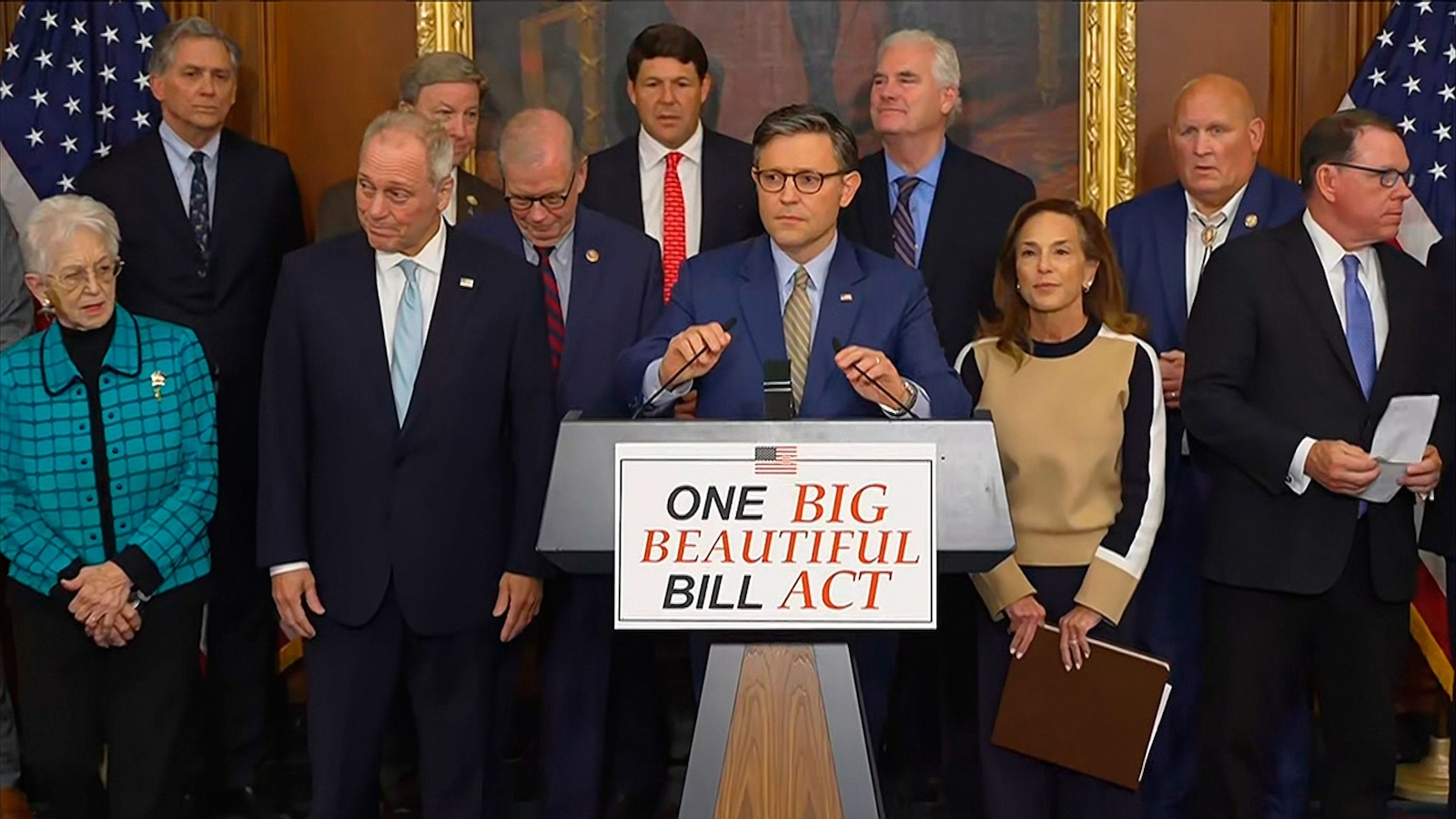Senate Faces Challenges as 'One Big Beautiful Bill Act' Moves Forward
The Senate prepares to debate the 'One Big Beautiful Bill Act,' facing concerns from Republican senators over spending and Medicaid cuts.
Subscribe to unlock this story
We really don't like cutting you off, but you've reached your monthly limit. At just $5/month, subscriptions are how we keep this project going. Start your free 7-day trial today!
Get StartedHave an account? Sign in
Overview
The House narrowly passed the 'One Big Beautiful Bill Act' with a 215-214 vote, fulfilling President Trump's campaign promises. The bill includes tax cuts, Medicaid reforms, and immigration spending but has raised concerns about a projected $3.8 trillion increase in federal debt. As the legislation moves to the Senate, Majority Leader John Thune faces opposition from several Republican senators who are wary of the bill's spending and potential cuts to Medicaid and food assistance. The Senate aims for a July 4 deadline to avoid a debt default, but key provisions, including tax cuts and Medicaid changes, are under scrutiny.
Report issue

Read both sides in 5 minutes each day
Analysis
- The articles present a neutral tone on Senate Republicans' reactions to the House's tax and immigration package.
- House Republicans are enthusiastic, while Senate members show caution and concern over various provisions.
- The mixed reactions indicate a complex legislative process ahead.
Articles (44)
Center (16)
FAQ
The bill addresses Medicaid and food assistance provisions under its reconciliation process, making changes to federal programs but specific details are not yet fully disclosed. Title I of the bill focuses on USDA programs, including adjustments to the Supplemental Nutrition Assistance Program (SNAP) and restricts annual cost increases for the Thrifty Food Plan to the Consumer Price Index for All Urban Consumers.
The bill is projected to increase federal debt by approximately $3.8 trillion. Lawmakers are debating the bill's provisions and considering modifications in the Senate, especially regarding spending priorities, but the legislation also raises the statutory debt limit as part of its package.
Senate Majority Leader John Thune acknowledges expected opposition and intends to negotiate changes to address concerns, particularly on spending, Medicaid, and food assistance. The Senate is working toward a July 4 deadline to avoid a debt default and expects to modify key provisions before final passage.
The Senate is aiming to pass the bill before July 4 to prevent a potential debt default. They are using a reconciliation process, which limits debate and amendments, but anticipate making adjustments to satisfy key Republicans.
History
- 5M

 4 articles
4 articles
- 5M

 6 articles
6 articles


